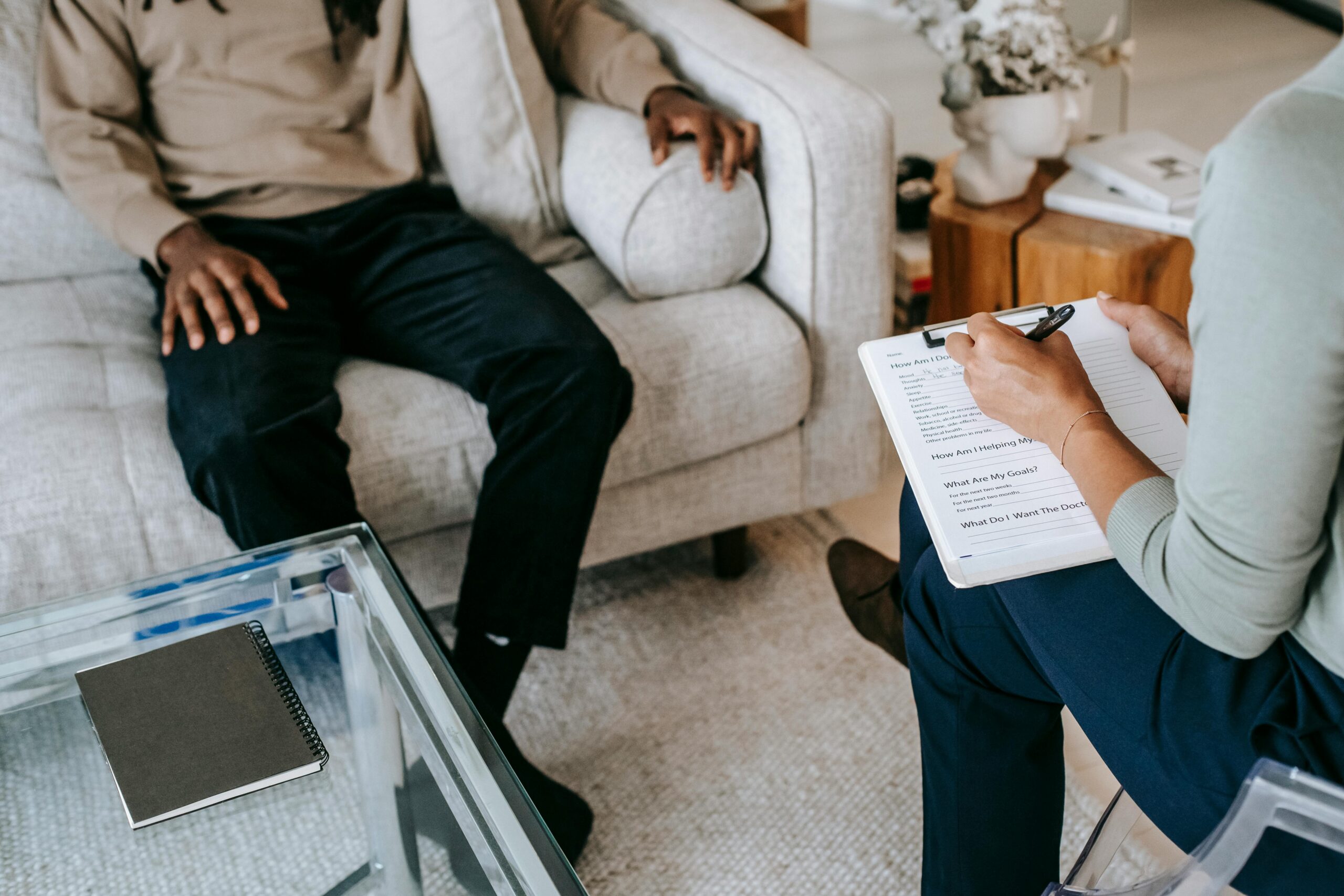 Blog
Blog
5 great questions donors should ask during counselling

If you’re considering sperm donation, chances are you’re motivated by generosity, empathy, or the desire to help someone start a family. But like any decision with long-term impact, donation is more than just a medical process — it’s also a personal one. That’s where counselling comes in.
In the UK, sperm donor counselling is a routine part of donating through a licensed fertility clinic. This isn’t because anyone doubts your decision — it’s about giving you space to reflect, ask questions, and explore how donation might affect your life now and in the future.
Counsellors are trained specialists in fertility and donor conception. They understand the emotional, legal, and psychological aspects of donation, and help you prepare for everything from family conversations to possible contact from a donor-conceived adult years from now.
We spoke with LWC Senior Fertility Counsellor, Tracey Sainsbury about the most important questions to ask during your counselling session — and why this step matters, even if you already feel certain about your choice.
1. I’m perfectly comfortable donating, so I don’t really feel like I need to attend. Do I have to be here?
Counselling is a required part of the sperm donation process — but more importantly, it’s a valuable one.
Even if you feel confident now, things can shift over time. You might enter a new relationship, start a family of your own, or be contacted by a donor-conceived person in the future. Donor sperm counselling is designed to help you future-proof your decision — not just for you, but for any future partners, children, or family members who may be part of that journey too.
As Tracey puts it, counselling is about “myth-busting and future-proofing.” It ensures you’re equipped to donate with clarity, understanding, and peace of mind.
2. I’m worried what the people in my life will think of my decision to donate. What do I say or do to reassure them?
Many donors wonder how their parents, siblings, or future partner might react to the idea of donating. While you can’t control how others feel, you can take time to explore those reactions — and how to respond with openness and confidence.
During your counselling, you’ll be able to reflect on what it might mean to tell someone close to you — especially with the rise of home DNA testing, which can unexpectedly reveal donor connections.
Counselling helps you work through possible conversations and understand how attitudes might change over time. As Tracey shares, partners often move from uncertainty or confusion to pride in the donor’s decision. You don’t have to navigate those conversations alone.
3. How might my thoughts about donating change over time?
Most donors remain proud of their decision — but it’s natural for feelings to shift as life changes. Becoming a parent, going through a breakup, or even becoming a grandparent might spark new thoughts or emotions about your donation.
Donor sperm counselling offers a safe space to consider these possibilities. One example Tracey gives is a donor who hoped for a daughter in his own family, but only had sons — while learning his donation had helped create a daughter for someone else. These unexpected emotional layers are part of the reason counselling is so important.
You’ll also be reassured that support doesn’t end after donation. Counselling is available for as long as you need it — even decades later.
4. If I wanted counselling support in the future, what would the cost be?
It’s completely free.
Any donor who donates through London Sperm Bank will have ongoing access to counselling — not just during the donation process, but afterwards too. Whether it’s months or years later, you’ll never have to pay for support.
5. Is there a time limit for future counselling support?
Not at all.
We’ve had donors return for support many years — even decades — after they first donated. One donor only reached out after becoming a grandparent, moved by the idea that their donation had led to an entirely new generation.
The emotional impact of sperm donation can evolve, and we’re committed to being here for every part of that journey. Counselling for sperm donors is always available, without time limits or extra cost.
Why counselling matters
Counselling for donor sperm is more than just a box to tick. It’s a vital step in understanding what donation means — not just biologically, but emotionally and socially too.
At London Sperm Bank, our counsellors are specially trained in donor conception. Whether you have questions, concerns, or just want someone to talk to, they’re here to help you navigate the journey with clarity and confidence.
Where else can you get support?
In addition to our in-house counselling, you can access further specialist support through:
- HFEA’s Support and Intermediary Service for donor-conceived people and donors
- British Infertility Counselling Association (BICA) for private specialist fertility counsellors
- Donor Conception Network for peer support and community guidance
Ready to start the process?
If you’re thinking about becoming a sperm donor, we’re here to support you at every step — from your first application to your final appointment.
Apply online today and become a donor with London Sperm Bank.





